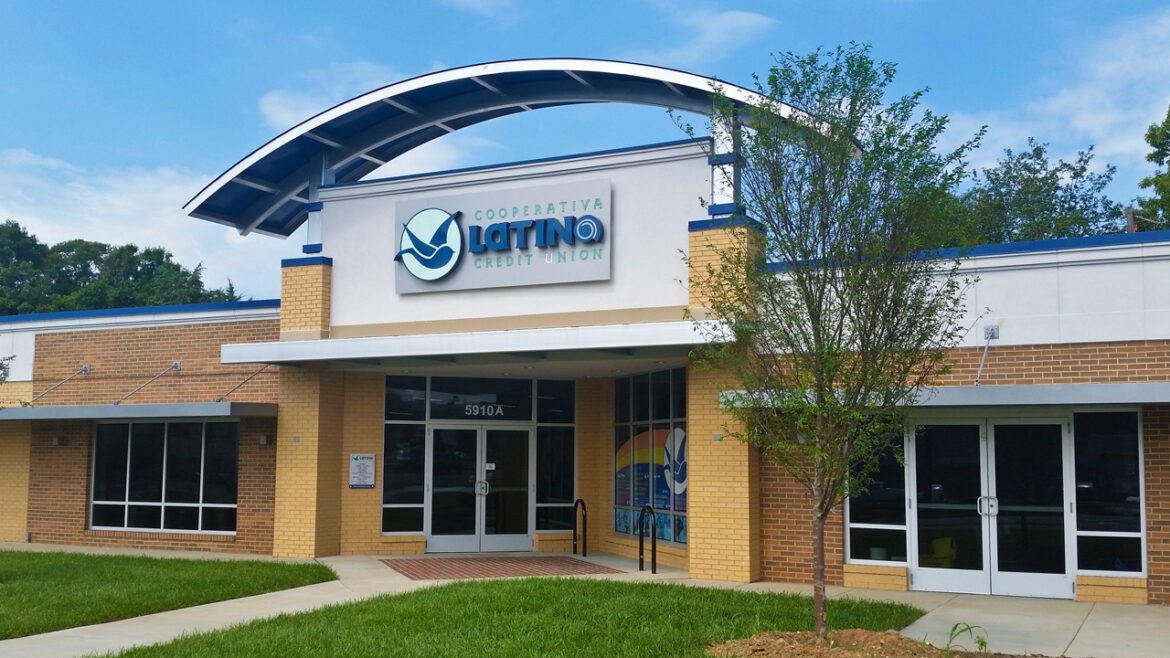This article first appeared on ChipFilson.com.
A three-year-old credit union with just 8,000 members received the movement’s highest honor for “Outstanding Achievement” in the 2003 Herb Wegner annual award dinner. Chartered in February of 2000, in three years, the credit union had only $11.0 million in assets. But it was powered by passion, vision, and a vital mission.
That credit union was Latino Community Credit Union.
This excerpt from the Night of Stars video is Chairman John Herrera’s acceptance speech. In just eleven minutes, it is a timeless and powerful message for the difference credit unions make for members, communities, and the country.
Several moments to note:
- The size of the credit union’s “family” on stage with him.
- His gratitude to the many credit union supporters in North Carolina who helped the startup—at one point, he asks those in the audience to stand.
- Two iconic credit union leaders on stage with his board and staff, Martin Eakes and Jim Blaine (around minute 5:00), who played special roles in this new charter’s progress.
- His comments on the needs of the country’s 28 million new immigrants: “There are no illegal humans.” (around minute 9:00). A message for today.
(https://www.youtube.com/watch?v=T9UfOhtljws)
This talk is as relevant now as it was in 2003. It shows the collaborative capability of credit unions to respond to critical human needs. Service was an essential factor—the staff speaks five languages, and although hours are from 7:00 am to 7:00 pm on Mondays and Fridays, the credit union doesn’t close till everyone in line is served.
Latino Community’s example today
For the next two decades, the Latino Community has been one of the fastest-growing credit unions in America.
In March 2025, Latino reported 133,000 members served by 320 employees in 15 branches. It has a loan-to-share ratio of 114% with 75% of the portfolio in real estate loans. Its net worth ratio is 22% augmented by $99 million of subordinated debt. Without the debt, the equity ratio would be 13.5%.
New credit unions are rare. Soul Community FCU, chartered by the NCUA in December 2024, was closed six months later by the agency. The capacity to begin new credit unions still exists. The needs of individuals and communities are as great or maybe even greater in terms of the nation’s wealth inequality. What is lacking is the spirit at many levels in the coop system to join with and support the passions of the approximately 100 new charter applicants and/or inquiries resting at the NCUA.
One of the people who assisted the Latino start-up was Jim Blaine, then CEO at SECU. He describes the reason this effort succeeded as follows:
“In 2000, SECU joined with a host of community activists, churches (the local Catholic Bishop), state/federal regulators (especially NCUA’s RD Alonzo Swann), and numerous other credit unions to help charter Latino Community Credit Union. It was a remarkable cooperative effort. Our unserved and financially at-risk Latino neighbors were the challenge, community was the answer.
Each group brought a unique expertise but shared the same purpose. SECU provided the operational systems and “back office” support, which gave the staff time to learn and grow—time to focus on their community—without the threat of failure.
SECU also sought low-cost deposits for lending from credit unions nationwide; the credit union community responded with over $10 million. Folks often miss what’s most important about LCCU. Latino, yes, but a credit union community most!”
Would it be so today! Go back and listen to the last two minutes again for a message that should be close to everyone’s heart now.

































































